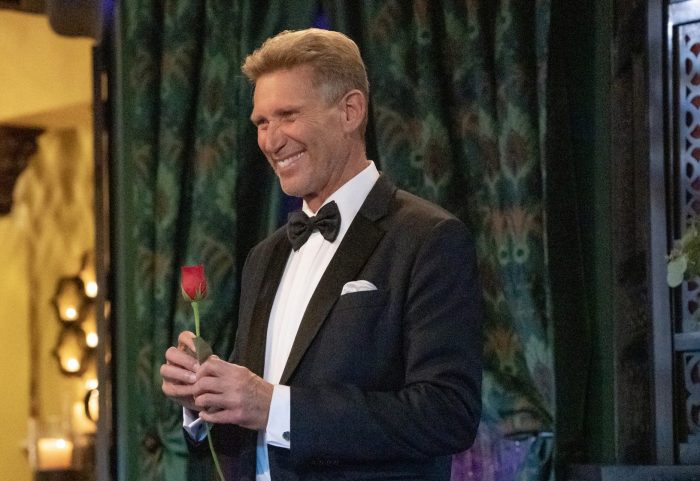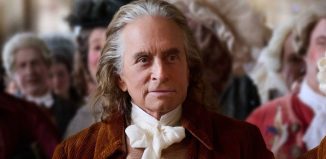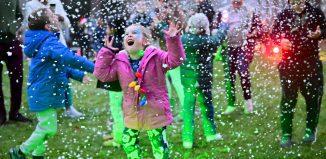Between You and Me: ‘The Golden Bachelor’ is a different TV reality show
By Leah S. Dunaief

Lately, there have been numerous articles about older folks and aging in general. At least, it seems so to me. Remember Martha Stewart on the cover of Sports Illustrated? Probably the one now with the most buzz is “The Golden Bachelor,” the most recent in the long-running series of Bachelor programs shown on ABC.
In the spirit of full disclosure, I have to acknowledge that I have seldom watched any of the episodes on the so-called reality dating franchise. If I happened to be passing the television in my house, and one was on the screen, I might have been captured for a few minutes, especially by the beautiful settings in far away places, but it always struck me as improbably scripted.
Yes, I know there is some data showing that a few couples who met on the show actually married and went on to have children and make happy family lives for themselves. Good for those few, but it was too staged for me, and I never became hooked the way my mother, for example, was ensnared by “The Guiding Light” and other such radio soaps in her day.
It seems that television, in general, is suffering from a major drop-off in audience viewership, as people switch to streaming services. That is the case, except for older people, those above 60, who are reluctant to give up their favorite programs in favor of Netflix and hulu. So, some Bachelor television executive decided to give that older cohort more to watch, and as a result, we have been introduced to Gerry Turner, from Indiana, who is 72 years old and a widower looking for a new partner.
Now, he is not a billionaire jet-setting around the world but in need of a companion to make his life complete; rather he is retired from the food distribution industry and had a loving marriage that was cut short by his wife’s tragic bacterial infection. A father of two grown daughters and two granddaughters, who enthusiastically support his new role, he is attractive enough to hold the attention of 22 women contestants also looking for a mate. The women are between 60-75, range from divorced and widowed mothers and grandmothers, and in turn are alluring enough to put a gleam in Turner’s eye as he meets them for the first time.
How do I know? I watched the first episode, not on its Thursday night time slot but on a streaming service a couple of nights later. I admit it. I was curious enough to see what love was going to look like for the silver set.
The tone of the program was, if anything, conspicuously wholesome. What could be more wholesome than a mid-Westerner talking about how he lost his middle-aged wife of 43 years, whom he met in high school, and crying on national television? Still, Turner was called, “sexy,” and though the ladies were, for the most part, relatively restrained in their manners, the underlying message was, “Yes, older people can be attractive and still be looking for love.”
There is another message that seems to have emerged, as this quote from an article in The New York Times reveals.
“The prevailing narrative surrounding the growing number of unmarried older adults tends to focus on the risks of isolation and loneliness. [One in three baby boomers is single.] But Sindy Oh, a licensed clinical psychologist in Los Angeles, said she was struck by how different dating could be for her older clients because they had a much stronger sense of self. ‘They have accepted who they are, and they are presenting themselves as is,’ she said.”
This seems to fit what is offered by “The Golden Bachelor.” The producers note that when they cast for other Bachelor shows, intended for 20s and 30s participants, they sense that the auditioners feel they have to present a version of themselves that is what the show is looking for. But these women who responded were just themselves and could laugh about their age.
Older people still have hope.







